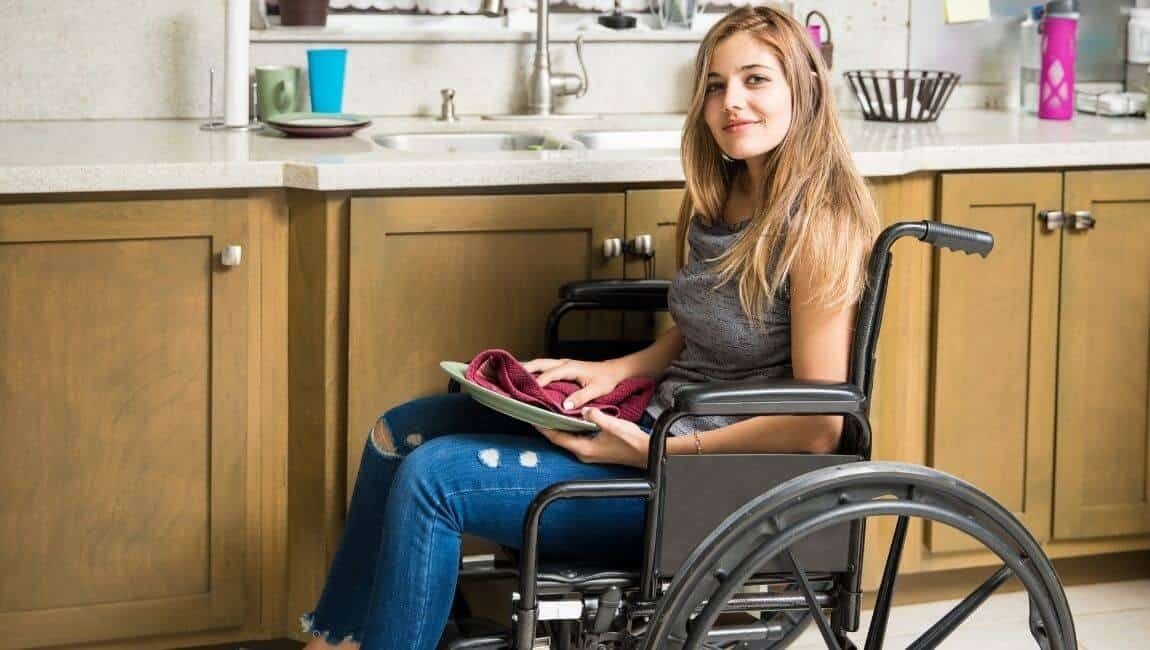What is Supported Independent Living and How Does it Work in Australia?
Supported Independent Living (SIL) is a term used for people with disabilities who live without assistance in the community. The National Disability Insurance Scheme (NDIS) in Australia provides independent living support for eligible Australians with disabilities. Finding suitable SIL accommodation can be hard due to its high demand. Plus, there are different support staff needs within each house and a house needs to have suitable living arrangements for all housemates.
Why choose supported independent living?
There are many benefits of supported independent living. SIL homes are perfect for those with a disability who want more independence in their life whilst still accessing the relevant support and accommodation needs. It is also an opportunity to interact and meet new people as SIL houses often consist of at least two housemates. Plus, most homes are purpose built for people with disabilities and are also wheelchair friendly.
Types of supported independent living disability accommodation
There are different SIL providers offering different types of disability accommodation. These may include apartment style, villas, and shared houses. Most independent support living accommodations are regular houses with special modifications. Some supported accommodation providers may provide each housemate with their bedroom and ensuite, whilst others may share a bathroom. The good thing is, there are many different accommodation layouts to suit all needs and preferences.
As every disability is different, the NDIS has outlined three different levels of support available in SIL disability housing. These are:
Lower needs
At this level, support provides supervision of the living arrangements as a whole. Supervision is also generally not required 24/7 but support may be required to prompt participants to undertake household tasks and other daily activities.
Standard needs
Within this level, support is provided 24/7 and can include assistance with daily tasks and individualised support catering to a person’s needs. Support workers will also stay the night.
Higher needs
At this level, participants receive frequent individualised support. Support needs may include assistance with medication, active assistance with daily activities, behaviour management and overnight support.
SIL disability accommodation support needs
The type of support provided depends on many factors including, the level of support and an individual’s daily needs. Some tasks may be carried out by staff in SIL accommodation, such as:
- Assisting with daily living tasks such as cleaning and cooking
- Helping with personal care
- Assisting with grocery shopping
- Helping those with disabilities access services and leisure activities in the community
- Attending appointments
- Overnight support
- Helping with managing daily living finances and expenses
How to access supported independent living
In order to access NDIS funding for supported independent living, your support needs will need to be assessed to ensure SIL is the right type of disability accommodation for you. Once eligible, you will work with a support coordinator to determine what specific help and support you require. Once suitable accommodation is found, a quote is passed on to the NDIS. It is important to note, the amount of funding you receive from the NDIS varies on your accommodation and the support you require. There is no set figure.
Types of people working in supported independent living
There are many different staffing roles in a SIL house to ensure the needs of the people living in the homes are met. These include an accredited support worker who works in the house to provide care and supervision for residents, such as preparing meals or going grocery shopping. A coordinator that manages everything from administration tasks to organising social activities for residents. Someone living in a SIL house may also interact with other health professionals such as occupational therapists who will assess whether the home is suitable for their individual needs.
Thinking about working in supported independent living?
If you are dedicated to helping others and working in community services, the role as disability support worker within a support independent living house may be the perfect fit for you. You can kickstart your career within the disability sector, gain practical skills and knowledge by undertaking CHC33015 Certificate III in Individual Support (Disability) course with a registered training organisation like Centacare. For more information, get in contact with our friendly team today!

